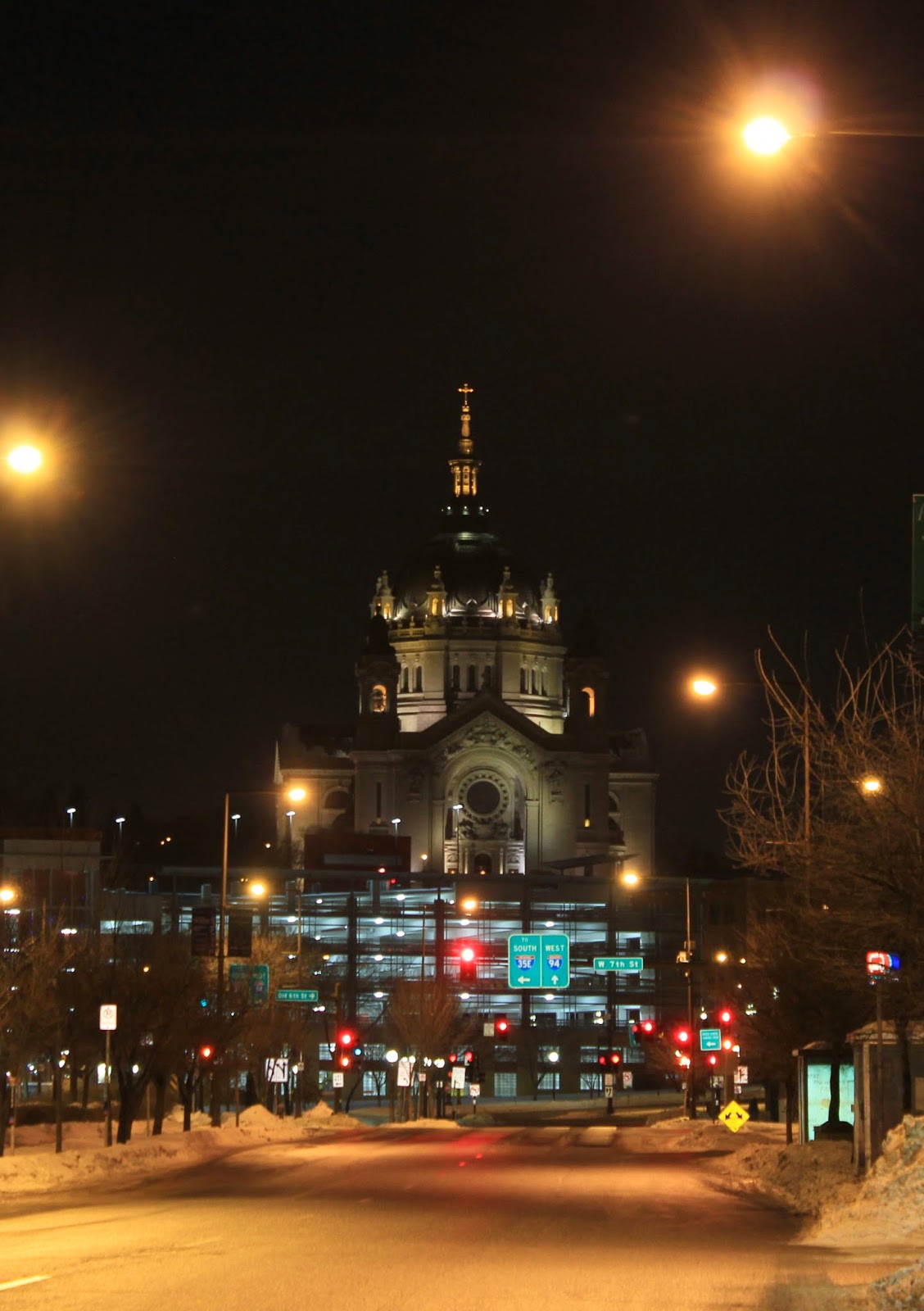Teachers are the most entertaining right before retirement. At this point, they don’t give a rip what they say, how they say it or who they say it to. Some choose to express their frustration. Others, the joy of future retirement. But great teachers choose the moment to be profound. I was blessed to experience a great teacher in his last year of teaching.
When we first entered Mr. Strailey’s classroom that last semester, I doubt any of us students expected anything out of the ordinary. Let’s be honest, nobody in that class was headed to Harvard. We were the type who viewed school as something you endured, not enjoyed.
A soft spoken history teacher with a calm demeanor, Mr. Strailey looked older than his actual age. He had a twinkle in his eye and tended to chuckle at his own thoughts. It was like he had told a secret joke and you couldn’t help but try to figure out what it was.
He once calmly asked a student, “Does it bother you if I do this?” Then he held up his middle finger at him. The student gave a “that crazy old man just flipped me off” look and laughed. His point: It’s only a finger, you give it meaning. If we could learn to treat it as a finger and nothing more it would save us a lot of grief in our lives.
The lesson that stays deepest within me was a reflection on God. The summer before his last year of teaching, Mr. Strailey had open heart surgery. As the surgery neared, he decided he was prepared to die. He told us he entered the hospital comfortable with God deciding his fate. Until he got on the table for the operation, then he realized he was “scared as hell.”
Then inviting us into the source of his fear, he asked, “who are you more afraid to meet, God or the devil?” Mr. Strailey was more afraid of God. The devil, in his view, has no real power. The devil’s only a manipulator. But God? God holds the universe together. The sheer power of God would be terrifying to encounter.
The other day my morning devotions invited me to open my heart to receive God. My thoughts turned to Mr. Strailey. I’m sure the devotion leader did not have open-heart surgery in mind when presenting the invitation. Yet, it was a more profound image for me. His open heart surgery literally opened him up to confront the power of God.
It never ceases to amaze me what mundane things we give power - a finger, a gesture, a look or a word. The only power these things have is the power we give them. If some flips you off, they may be angry, but you give a finger power if you let it ruin your day or decide to physically retaliate. It’s a finger. It has no power.
I don’t get bent out of shape when people tell me they don’t believe in God. At the same time, I make little effort trying to prove God’s existence. Both of those endeavors are folly. God’s not like someone’s middle finger. You don’t have the ability to grant God power. God either exists or does not exist.
If you have to prove God, then God does not have much power. I believe because I have experienced the power of God. It’s a power that transforms and sustains life. Not just your life and my life, but the life of the universe. It’s a power I both love and completely fear.
I invite you to do two things today. One, consider the mundane things you are giving power. Is it helping you live more fully? Two, open your whole heart to the power of God and allow it to transform and sustain you.






